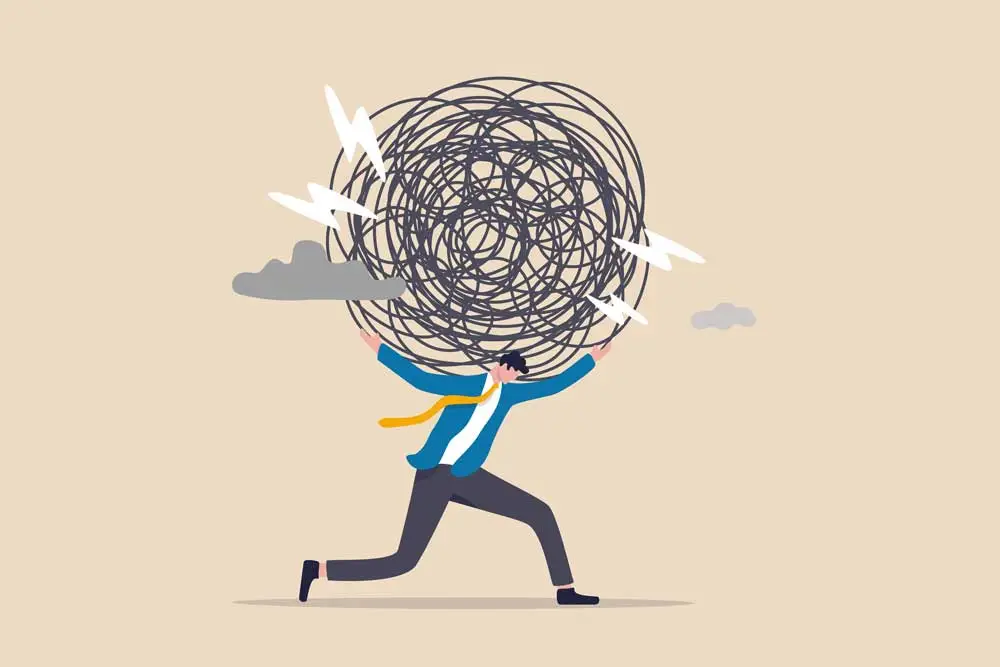“What is Anxiety and What Steps can I Take to Manage It?”
Anxiety is a natural human emotion that everyone experiences from time to time. It is a normal stress response and can even be helpful in certain situations, such as preparing for an important exam or giving a presentation. However, when anxiety becomes overwhelming and interferes with daily life, it may be a sign of an anxiety disorder.
Anxiety disorders are the most common mental health concern in the United States, affecting around 40 million adults. There are multiple forms of the disorder, including generalized anxiety disorder, panic disorder, and phobias. Common symptoms include excessive worry, difficulty concentrating, racing thoughts, and physical symptoms such as increased heart rate and difficulty breathing.
If you are experiencing symptoms of anxiety, it is important to seek treatment. Left untreated, anxiety disorders can lead to serious health problems, including heart disease and substance abuse. Various effective treatments are available, including therapy, medication, and lifestyle changes.
Here are some steps you can take to manage anxiety:
- Identify the cause. It is important to understand what is causing your anxiety so you can address the root of the problem. Is a specific event or situation causing you to feel anxious? Or is it a chronic feeling of worry and stress? Understanding the cause can help you develop strategies to manage it.
- Practice relaxation techniques. Several relaxation techniques can help, including deep breathing, progressive muscle relaxation, and meditation. These techniques can help calm the mind and body and can be especially helpful in reducing anxiety at the moment.
- Exercise regularly. Regular exercise has been shown to reduce anxiety and improve overall mental health. Aim for at least 30 minutes of moderate-intensity exercise, such as brisk walking or cycling, at least 3-5 times per week.
- Get enough sleep. Lack of sleep can make it harder to cope with stress. Aim for 7-9 hours of sleep per night.
- Eat a healthy diet. A healthy diet can help support overall physical and mental well-being. Eat a diet rich in fruits, vegetables, and lean proteins, and limit your intake of processed and sugary foods.
- Seek social support. Having a strong support system of friends and family can help. Talk to someone you trust about your feelings, and consider joining a support group or seeking the help of a mental health professional.
- Practice stress management techniques. Stress management techniques, such as time management and goal setting, can help reduce anxiety by helping you feel more in control of your life.
- Consider medication. Medication may be an option if your anxiety is severe or interfering with your daily life. Finding the right medication that works best is key. Working with a mental health professional is important to determine the best treatment plan for you.
Anxiety is a common and treatable condition. With the right treatment and self-care, it is possible to manage anxiety and lead a fulfilling and productive life. If you are experiencing symptoms of anxiety, seek help. McNulty Counseling and Wellness is here to remind you that you are not alone, and our therapists are standing by and ready to help you get to the root of your anxiety.







